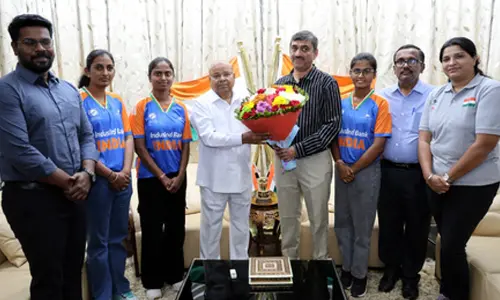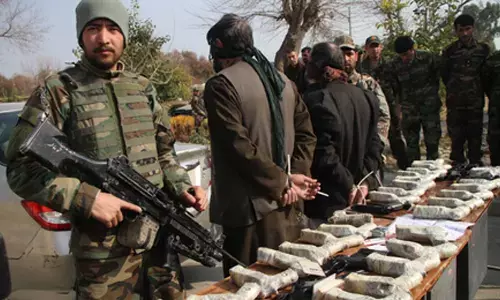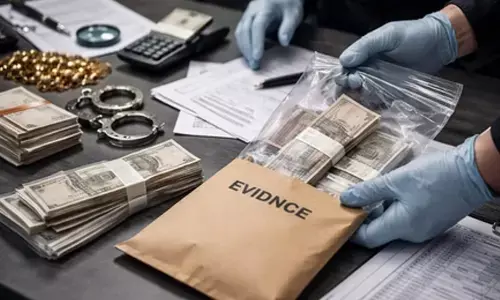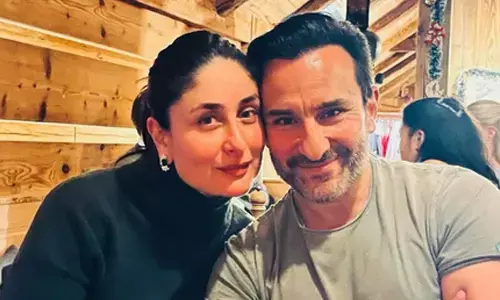I was called 'pagan, greasy Indian': California state Assembly candidate Darshana Patel
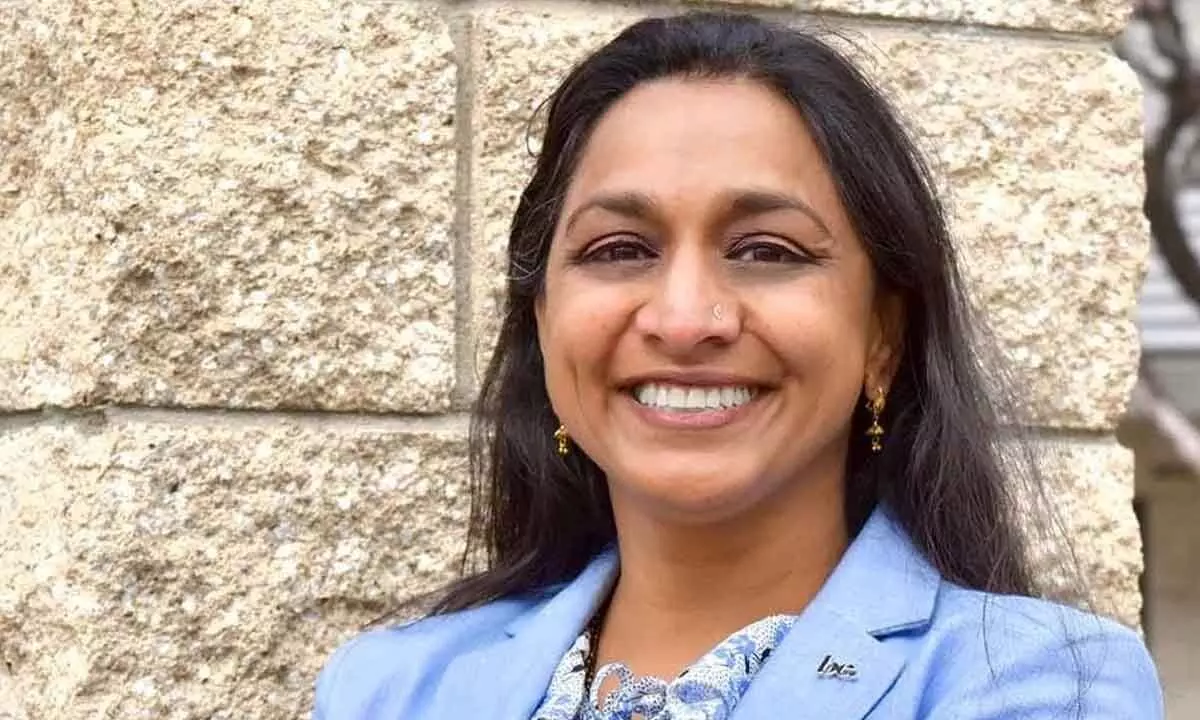
As an Indian growing up in America, Darshana Patel who recently announced her bid to run for the California State Assembly District 76, was called a “pagan, greasy Indian”, and was asked to “go back home”
"The term ABCD haunted me as a child... As a young girl in second grade, I was called a pagan, greasy Indian (because my mother put oil in my hair), asked what tribe I was from, and often teased when I wore more traditional attire to school," Patel, who hails from Vadodara, said in an interview. In an America, where one in five incidents involve language scapegoating of Asians, according to a recent AAPI study, Patel said post 9/11, a group of men in a pick up truck followed her, shouting "go back home and n-word" and "you are not welcome here".
"While conditions have improved in some ways for Indian immigrants (there are grocery stores, temples, and community organisations now), they have got worse in other ways as Indian-American are integrating more into the American fabric," Patel, who is part of the California Commission on Asian and Pacific Islander American Affairs, said. Running for the state Assembly in 2024, Patel told IANS that she wants to dispel ignorant and harmful stereotypes of Indian-Americans, and promote more cross-cultural and inter-sectional experiences and education, like ethnic studies in public schools.
California's Assembly District 76, which includes the cities of Escondido and San Marcos, portions of San Diego, and numerous unincorporated communities in San Diego County, has an active and diverse Indian community that makes up about two per cent of the voters and many more green card and visa holders. "As the daughter of Indian immigrants who struggled to realise the American Dream, I understand that representation matters... Our main challenge is using our collective voice to affect policy that will help our community tackle pressing issues such as affordability, education and youth mental health, immigration reform, public safety, and high-quality comprehensive healthcare," she said.
The San Diego resident's campaign has earned early endorsements from Indian-American Congressman Ro Khanna. The election will be an open-seat contest, as incumbent Assembly member Brian Maienschein will be terming out. Along with Patel, lawyer Joseph Rocha, also a Democrat, has announced his candidacy for the same seat. With fellow Indian-Americans Nikki Haley and Vivek Ramakrishnan throwing their hats in the ring for the 2024 presidential elections, Patel told IANS that she feels proud that they are taking the risk to represent the diverse Indian-American community via the primary electoral process.
"Their candidacy will bring a wealth of diverse opinions to the political arena and challenge stereotypes. I feel proud that Indian-Amerians are stepping up to all levels of public office and further inspiring political engagement and civic responsibility." Indian-Americans account for over one per cent of the country's population and have one of the highest per capita incomes among ethnic groups. While the community is concentrated in major areas like New York, New Jersey, California, and Texas, their votes might turn out to be decisive in case of close races in the states of Florida, Atlanta, and Pennsylvania.
So, is the US ready for an Indian-American asits next president?
"I wish I could answer Yes with lots of confidence since we have successfully elected Indian-American local officials, judges, Governors, and several Indian-American Congressional representatives, and our current Vice President Kamala Harris is an Indian-American," Patel said, adding that the US is yet to elect a female President. "Though, and I think that there are persisting, misguided fears of divided loyalty from Indian and even all Asian Americans, perhaps this election cycle will break these barriers," she said.
- Meenakshi Iyer








